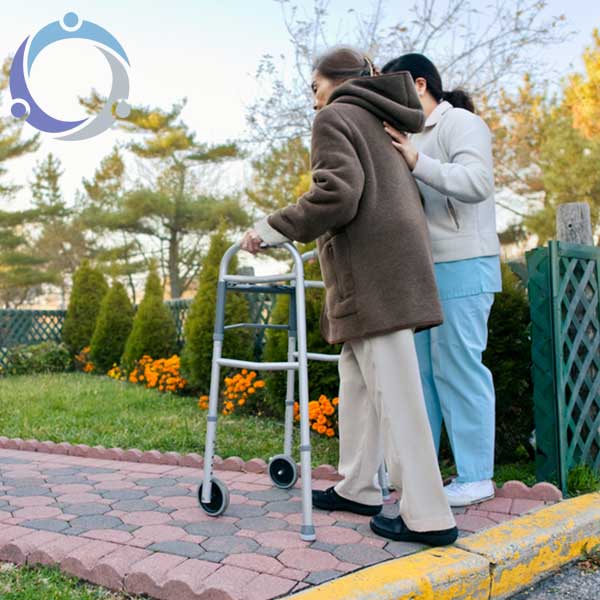
Contributed by Haley Burress
Most aging adults would love the opportunity to stay in their home for as long as possible. However, increased physical and cognitive ailments can sometimes make staying at home seem impossible. If your loved one is struggling with remaining safe at home, or if you are living there too and need some additional help throughout the week, elderly home care is an option to explore. Here is a quick lowdown on what you need to know as you decide if elderly home care is for you and your family.
What exactly is elderly home care?
Elderly home care is a bridge that can keep your loved one aging in place – or staying in their home – for as long as possible. Home care agencies employ, or contract, home health aides who will visit your home on a set schedule. Most agencies provide aides or companions that do not offer medical care, but instead offer assistance with activities of daily living (ADLs). Home care aides can assist with grocery shopping or meal preparation, showering or bathing, medication reminders and management, safety checks, or socialization, to name a few. Sometimes, agencies offer medical services that are performed by a visiting nurse. These services could include wound management or injections.
What are the benefits?
There are plenty of benefits to bringing in outside home care aides provided by an elderly home care agency. Your loved one receives care in their home, which gives them peace of mind and helps promote independence. Because your loved one is at home, often their recoveries from hospital stays or other medical crises are quicker; everyone feels better faster when they are at home, in their own bed, with their own schedule. Finally, bringing in a home care aide can bring benefit to the family caregiver, such as a wife or live-in son or daughter. The visiting aide can provide respite relief when the family caregiver is exhausted, as well as give peace of mind while the family caregiver is working or out of the home.
What should I look for?
Home care agencies are everywhere; ask your doctor, friends or family who have worked with different agencies why they might recommend. This way, you can narrow your search based on trusted recommendations. When looking for an agency, be sure that you go in knowing at least a little bit about what you want or need. This way, you are able to hear about the agency’s services without feeling overwhelmed.
Next, be sure there is consistency in home care aides. Ideally, your visiting aide will become a trusted part of your extended family and that relationship can be difficult to nurture when there is a different person coming every day. Also, see if your agency allows you and your loved one to interview and choose the main home care aide for your home. This offers your loved one the chance to make the decision; after all, it is your loved one who will be working with this person the most, so they should like one another! Your elderly home care aide should be well trained and experienced with any major diagnoses that your loved one has (Alzheimer’s Disease, Parkinson’s, etc.).
Finally, ask for referrals before you commit to the agency. They should have at least a few clients, or past clients, that they can refer you to in order to hear about their positive experience. Ask those referrals any questions that you might have about the reliability of the agency, as well as the professionalism of the caregivers.
Home care can be a positive addition to your loved one’s life, as well as to their family caregivers. Do your research and find someone that fits into your family preferences and situation.

